Department of Physical Therapy
The Department of Physical Therapy at Simmons University has been a respected leader in physical therapy education for over 75 years, known for world-class clinical training and innovative research.
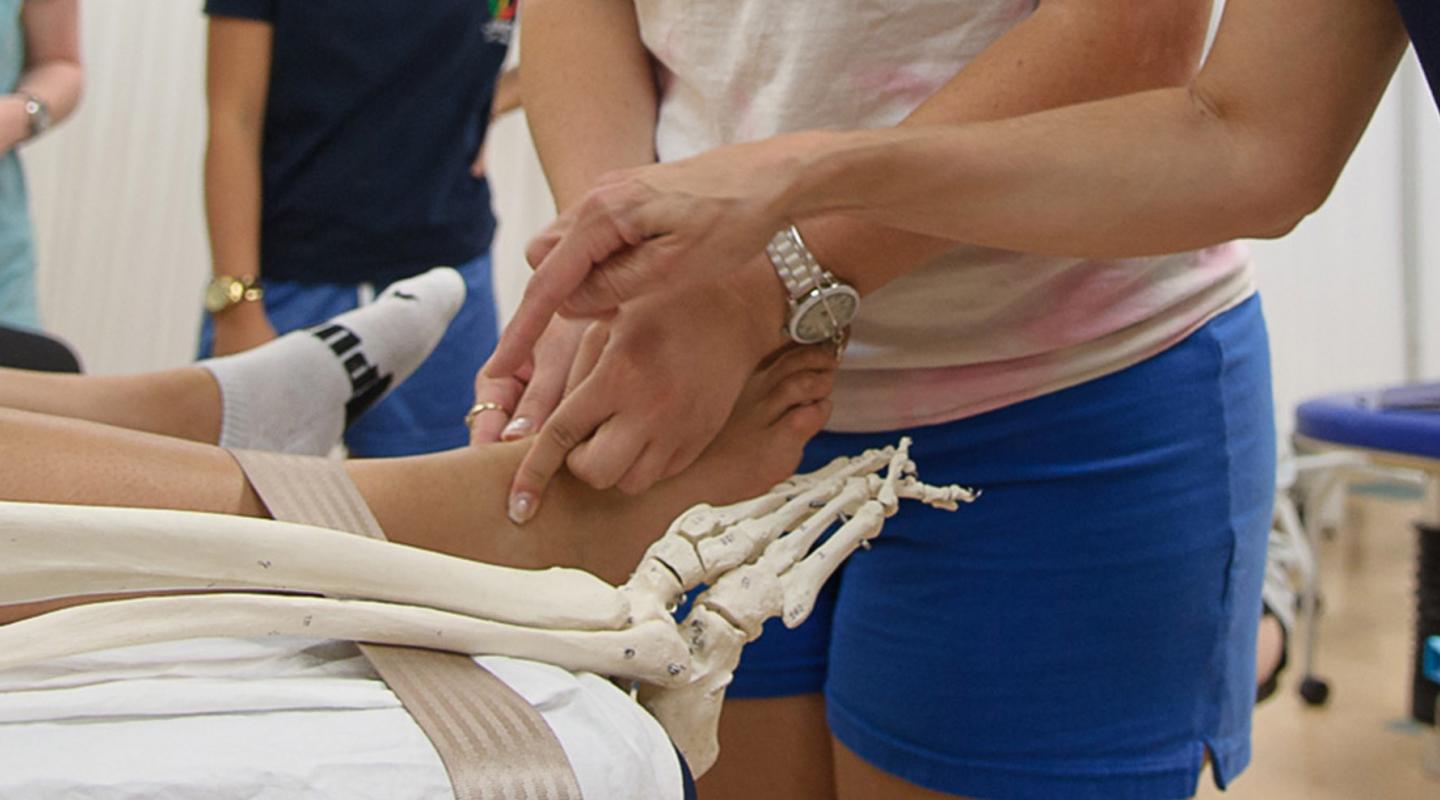
Studying Physical Therapy at Simmons University
We employ a problem-based, self-directed approach to learning, using case studies to integrate science and clinical knowledge with psychosocial, ethical, and behavioral aspects of patient care. Through research, our faculty are advancing the field and creating exciting opportunities for students to engage in knowledge building and discovery.
Our location in Boston’s medical area creates student training opportunities at some of the nation’s best hospitals and clinics. Students are prepared for a wide range of professional paths, from sports medicine and chronic pain, to emergent areas like regenerative medicine. We train physical therapists to be effective members of interprofessional healthcare teams and to serve diverse patient populations and communities.
As part of the School of Sciences & Health Professions, we work closely with colleagues in many health and scientific disciplines. As part of Simmons University, we embrace Simmons traditions in leadership, science, and practice for the social good.
Physical Therapy Outcomes
Teaching Labs
You will have the opportunity to learn and practice in the same space. Our labs offer settings like you might see in an acute care hospital, before you start your clinical experience.
Highlights of Physical Therapy at Simmons
- Doctor of Physical Therapy (DPT) students have high pass rates on the National Physical Therapy Exam. From 2023-2024 (most complete data), 85.6% of graduates passed on their first attempt, and 97.3% passed with any number of attempts.
- In a survey of 2023/2024 graduates, 100% of respondents reported being employed within six months of graduation.
- Students in the Exercise Science 3+3 program complete a BS and DPT in six years.
- The job market for physical therapists, regionally and nationally, is strong and growing.
One of our greatest strengths is our faculty, who demonstrate an incredible commitment to our students and the profession as a whole. This dedication and personal touch helps students become outstanding clinicians, leaders and life-long learners.
- Justin Jones, Professor of Practice, Physical Therapy Department
Hands-on PT training, backed by rigorous science and the latest research
- Recent Boston-area clinical internship placements include Spaulding Rehabilitation Hospital, Brigham and Women’s Hospital, Beth Israel Deaconess Medical Center, and Boston Children’s Hospital.
- We offer excellent learning and research facilities, including the Exercise Physiology lab and Holmes Sports Center. Simmons is making major investments in spaces for interdisciplinary teaching, research, and collaborative learning in the health sciences.
- Undergraduates in the Health and Exercise Science (BS) program, hosted jointly by the departments of physical therapy and biology, receive excellent preparation for graduate work in physical therapy and many related health fields, as well as careers in health and fitness.
- DPT students complete a capstone research project or systematic review. Student research, often conducted in collaboration with faculty, reflects the highest levels of innovative inquiry and intellectual rigor, to advance the field. For more information, check out our Doctor of Physical Therapy Student Handbook.
Careers
Our DPT students pursue careers in clinical settings, nursing and residential care, home health, and private practice. In 2024, the median wage for physical therapists in the U.S. was $101,020 per year, and the U.S. Bureau of Labor Statistics projects 14% growth in PT employment over the next decade. Exercise Science (BS) graduates are prepared for graduate programs in a variety of health fields, as well as careers in commercial fitness, community centers, wellness programs, and more.
Physical Therapy Faculty and Staff
Current faculty research includes: biomechanics of movement in children and adolescents with chronic pain; the role of fatigue on position sense; shoulder joint biomechanics, factors leading to shoulder joint dysfunctions, and evaluation of commonly-used shoulder joint assessment procedures; kinematics and musculoskeletal adaptations to windmill pitching in softball, implications to injury mechanisms, Scapular dyskinesis: mechanisms and relevance to shoulder pathology; creating inclusive learning environments for health professions; and pediatric/adolescent concussions.
Chair

Stacey Maguire
Professor of Practice and Physical Therapy Department Chair
Full-time Faculty
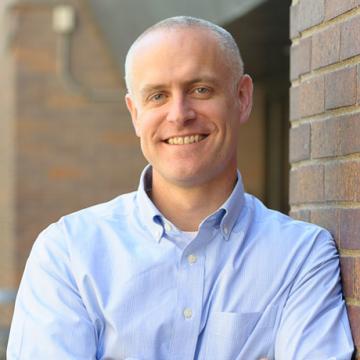
Justin Beebe
Professor and Director of the DPT Program
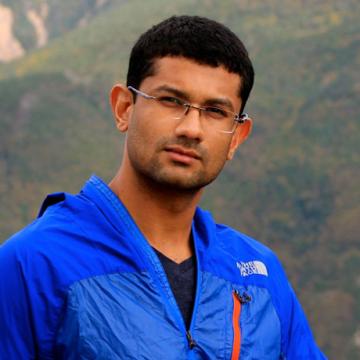
Amitabh Dashottar
Associate Professor
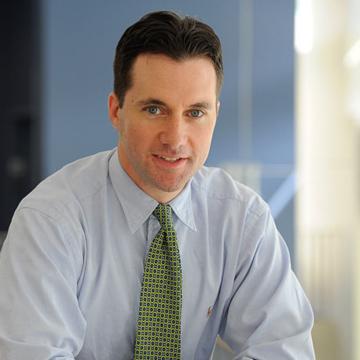
Justin Jones
Professor of Practice
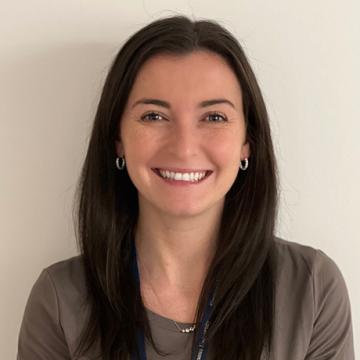
Jillian Kulinski
Assistant Professor of Practice and Director of DPT Clinical Education
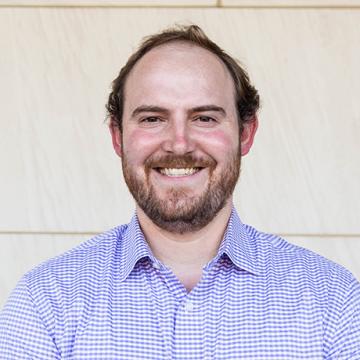
Matthew O'Rourke
Assistant Professor of Practice and Assistant Director of DPT Clinical Education
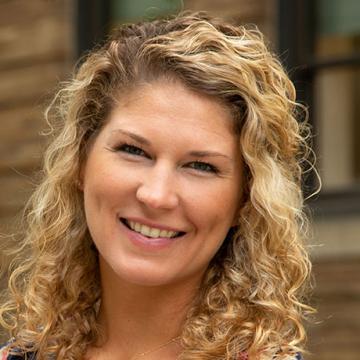
Jenna Stuebe Powers
Associate Professor of Practice
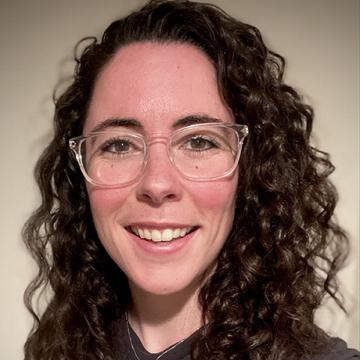
Rachel Verrill
Assistant Professor of Practice

Steve Wechsler
Assistant Professor
Part-time Faculty
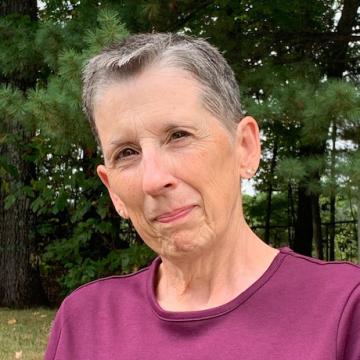
Joanne Rivard (Malerba)
Associate Professor of Practice
Physical Therapy in the News
Upcoming Events

Health Science and Nursing Preview Day
- Aug 5, 2026
- 10:00 am to 2:00 pm
- Simmons University, 300 The Fenway, Boston, MA 02115
Contact Us
Department of Physical Therapy
The Department of Physical Therapy at Simmons University has been a respected leader in physical therapy education for over 75 years, and is known for world-class clinical training, small group tutorials, and innovative research.
Visit Simmons
What type of student are you?
Apply to Simmons
What type of student are you?
Request Info
What type of student are you?






